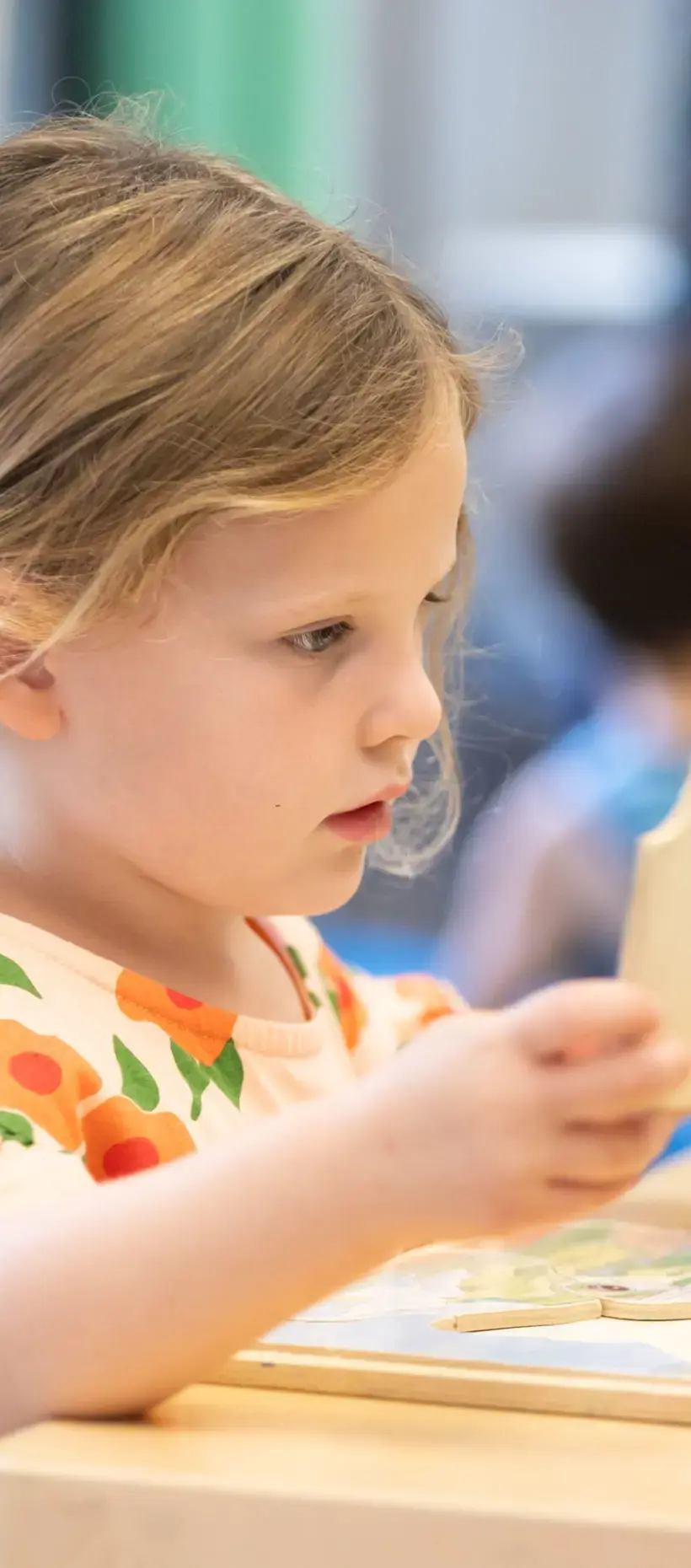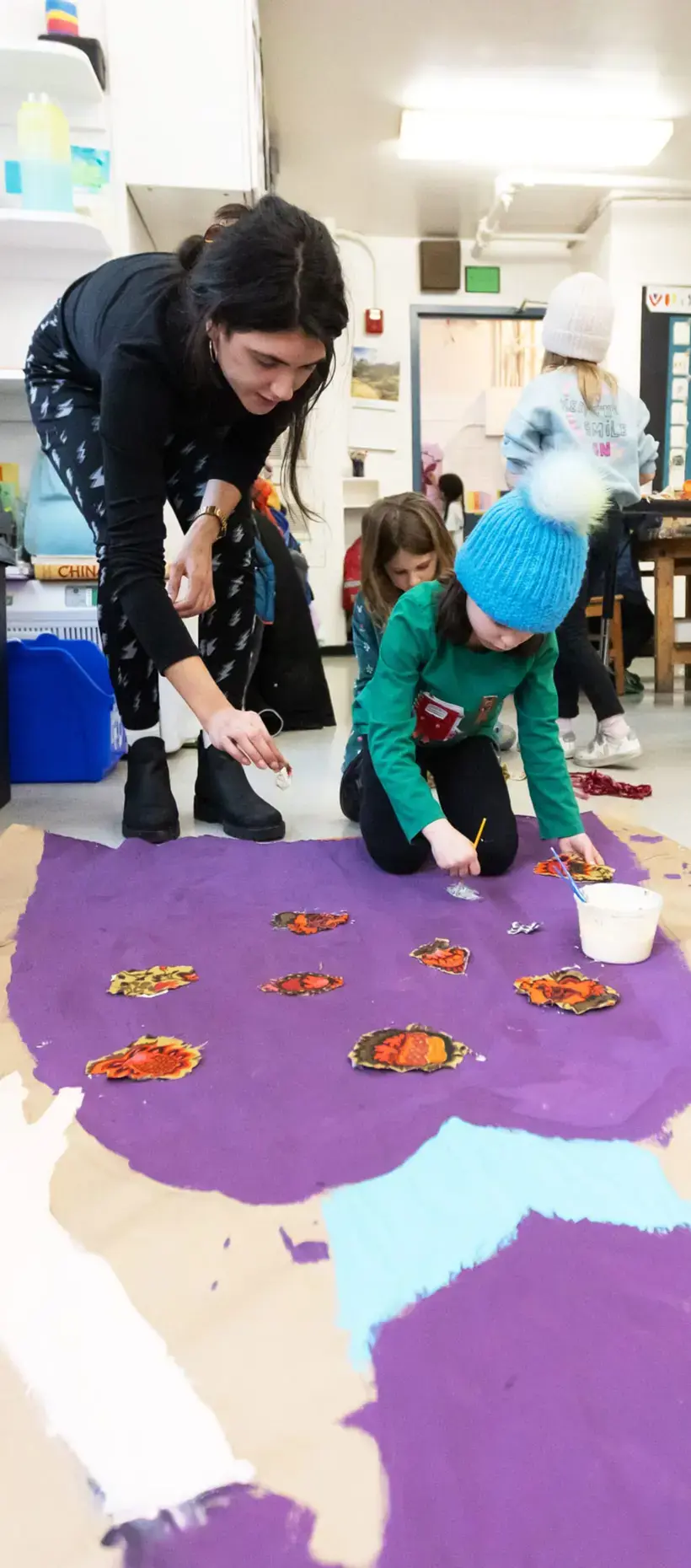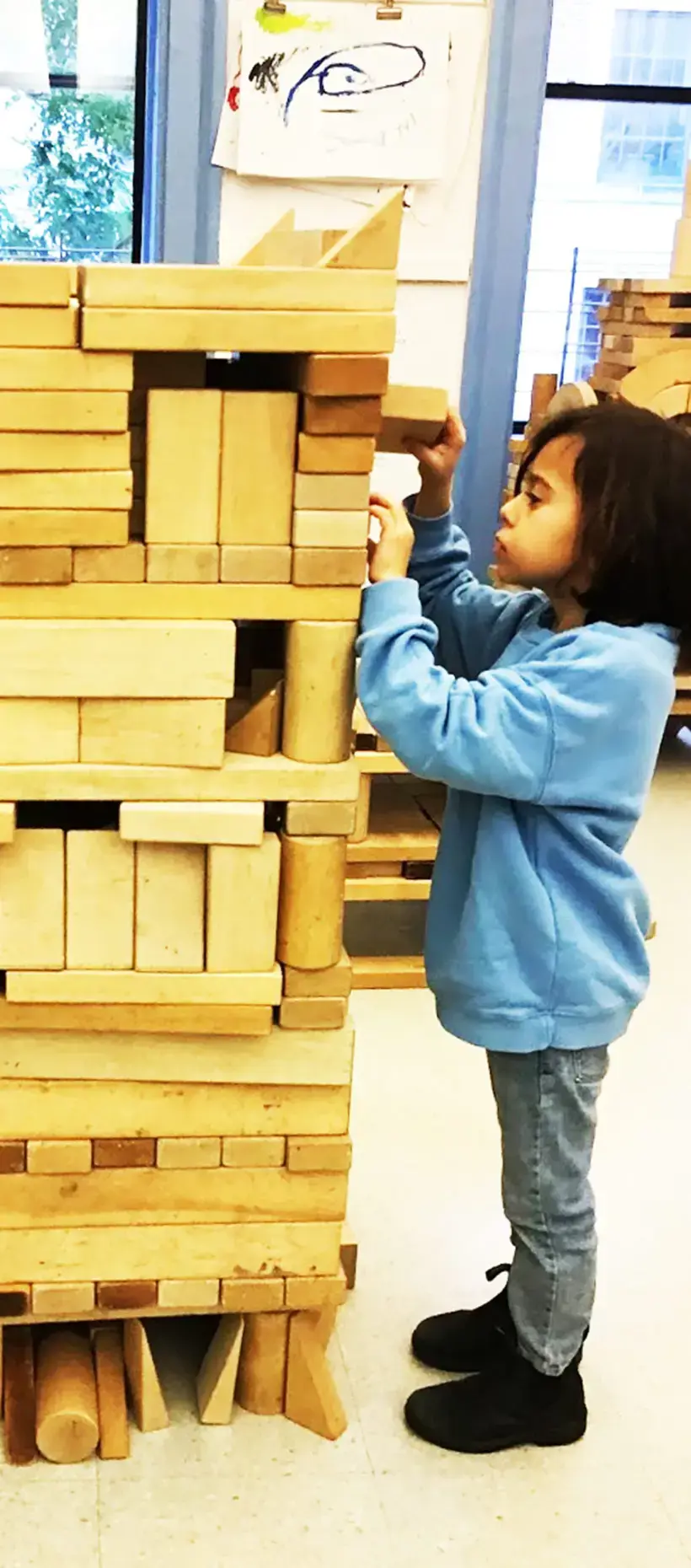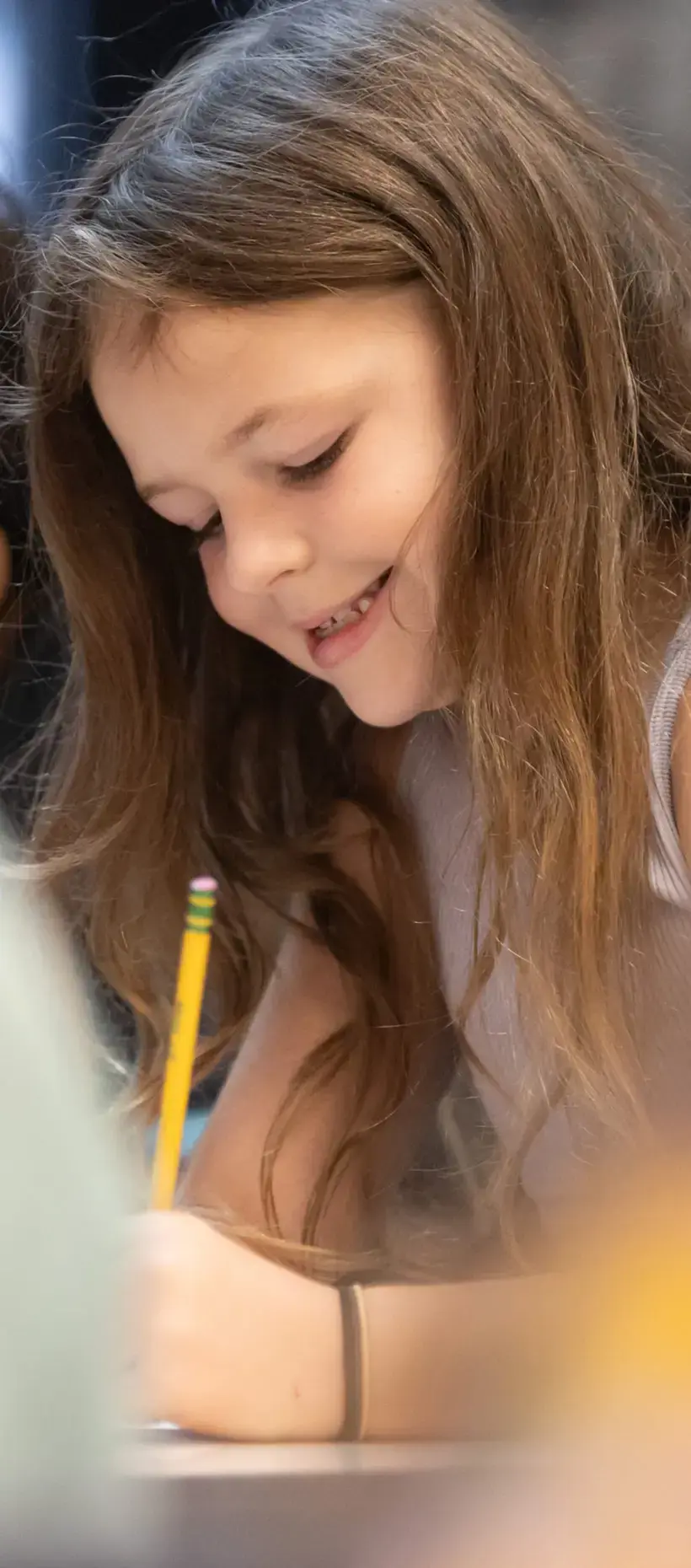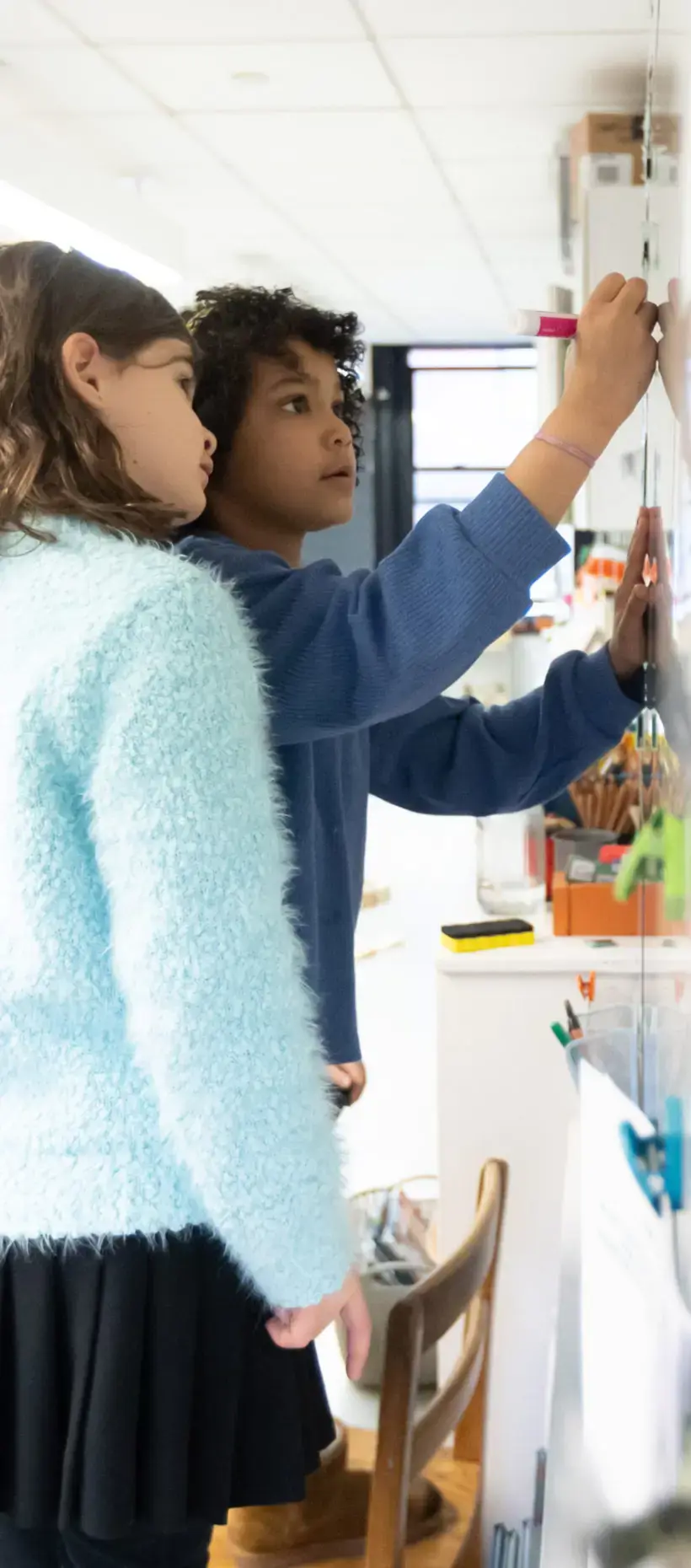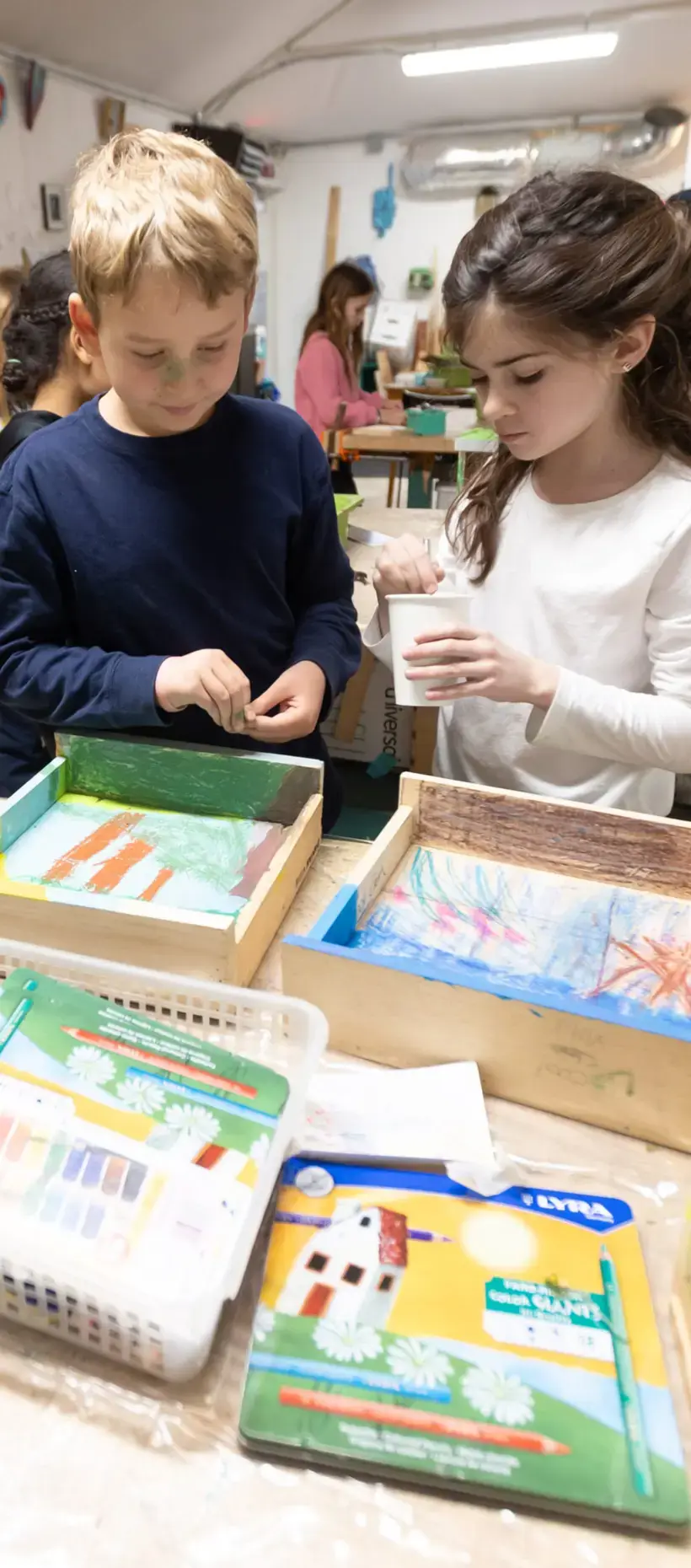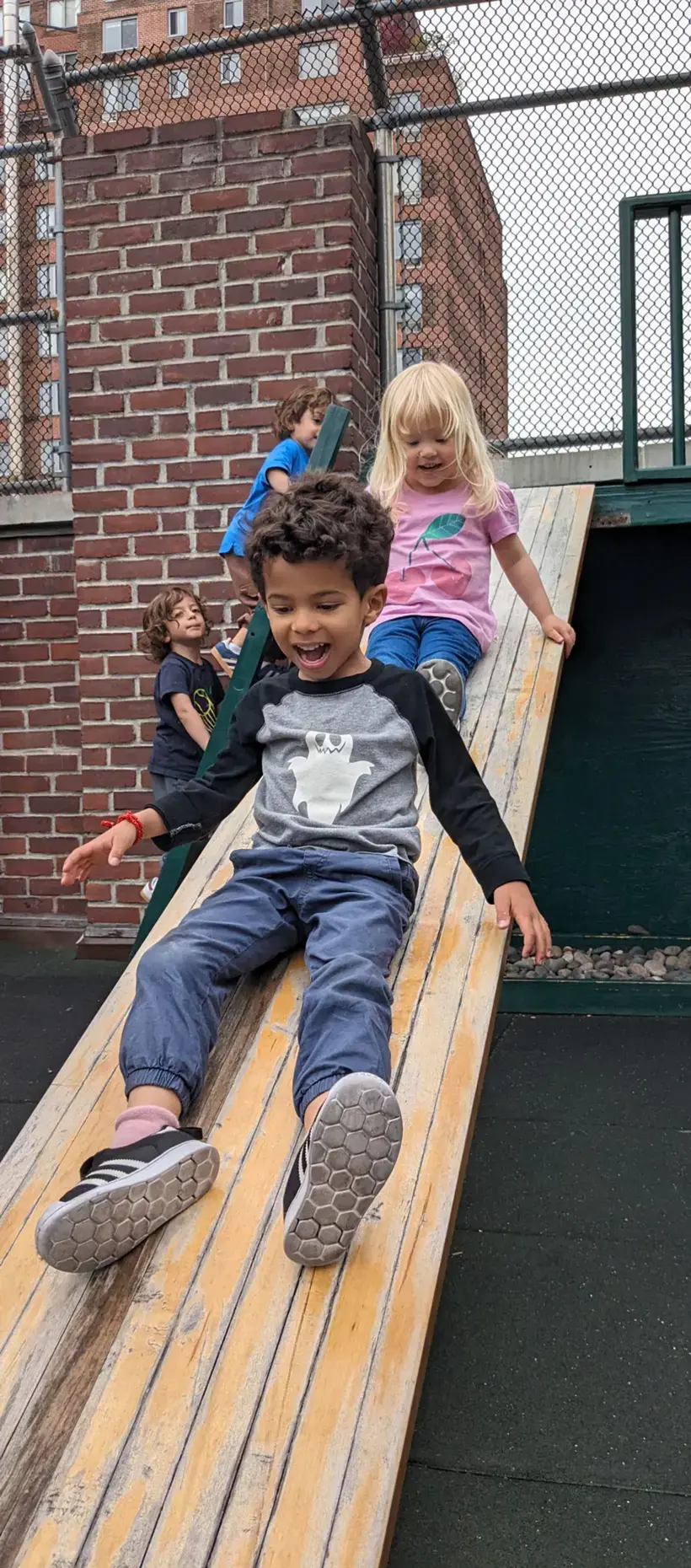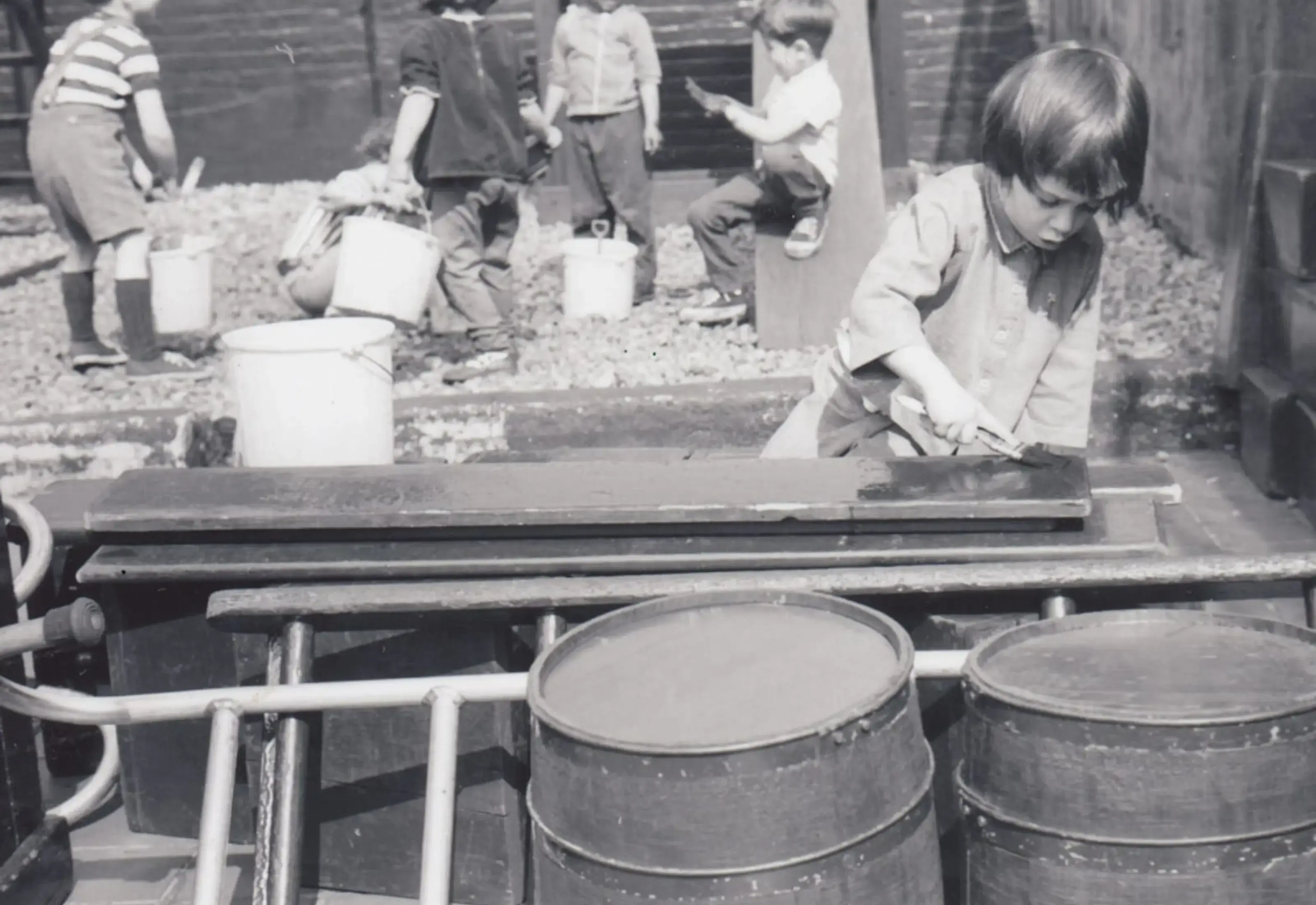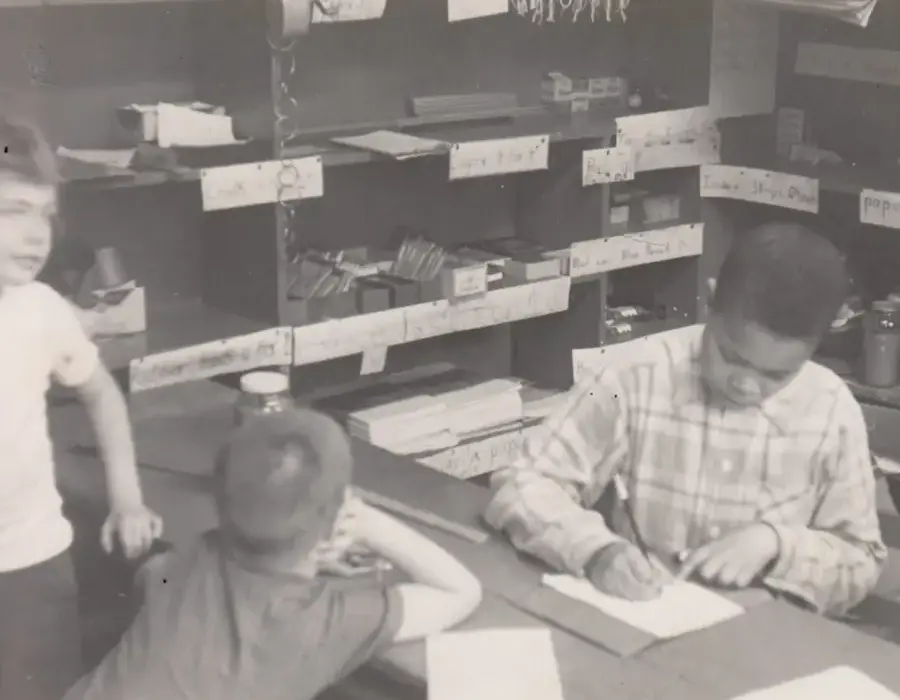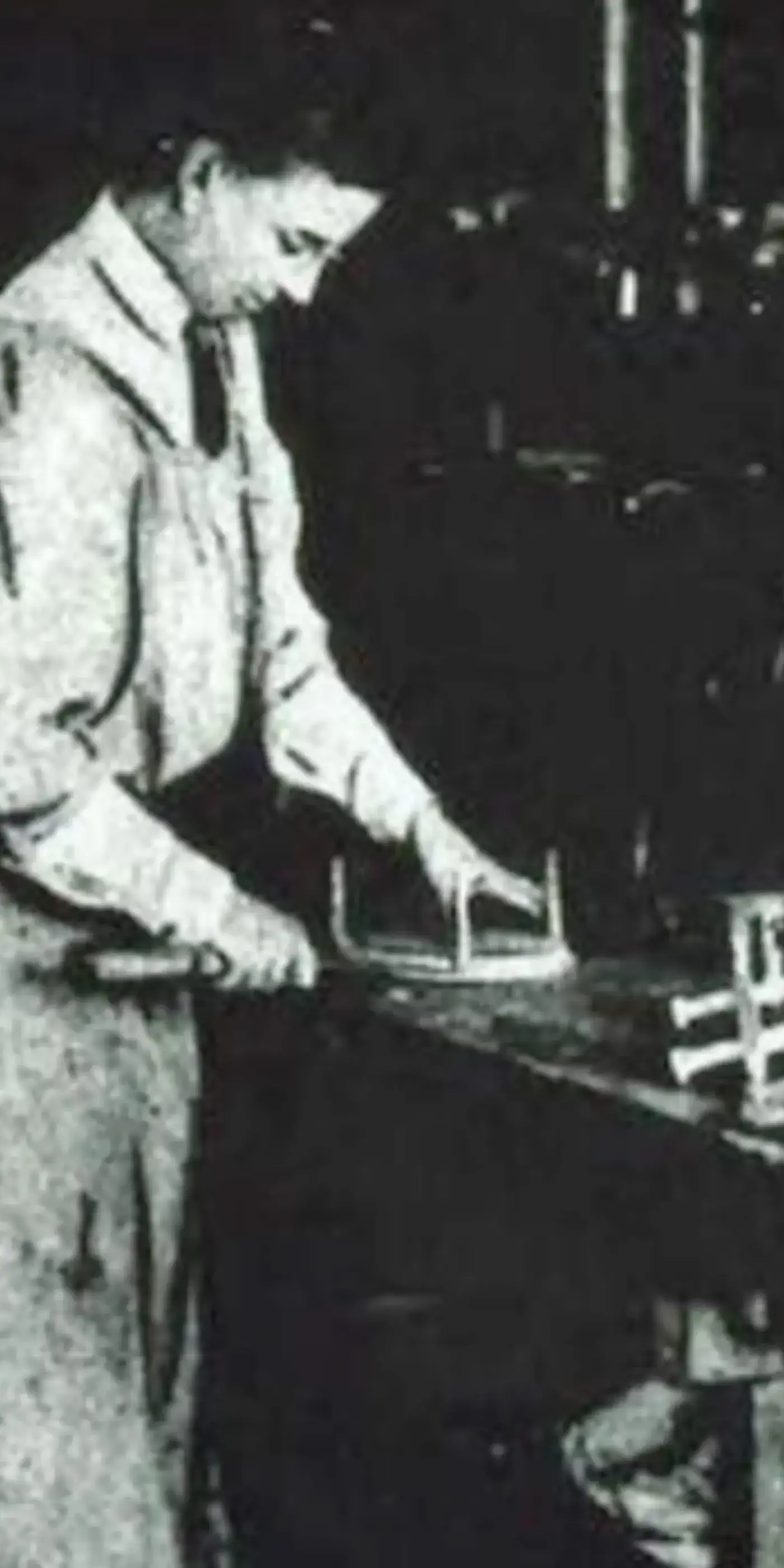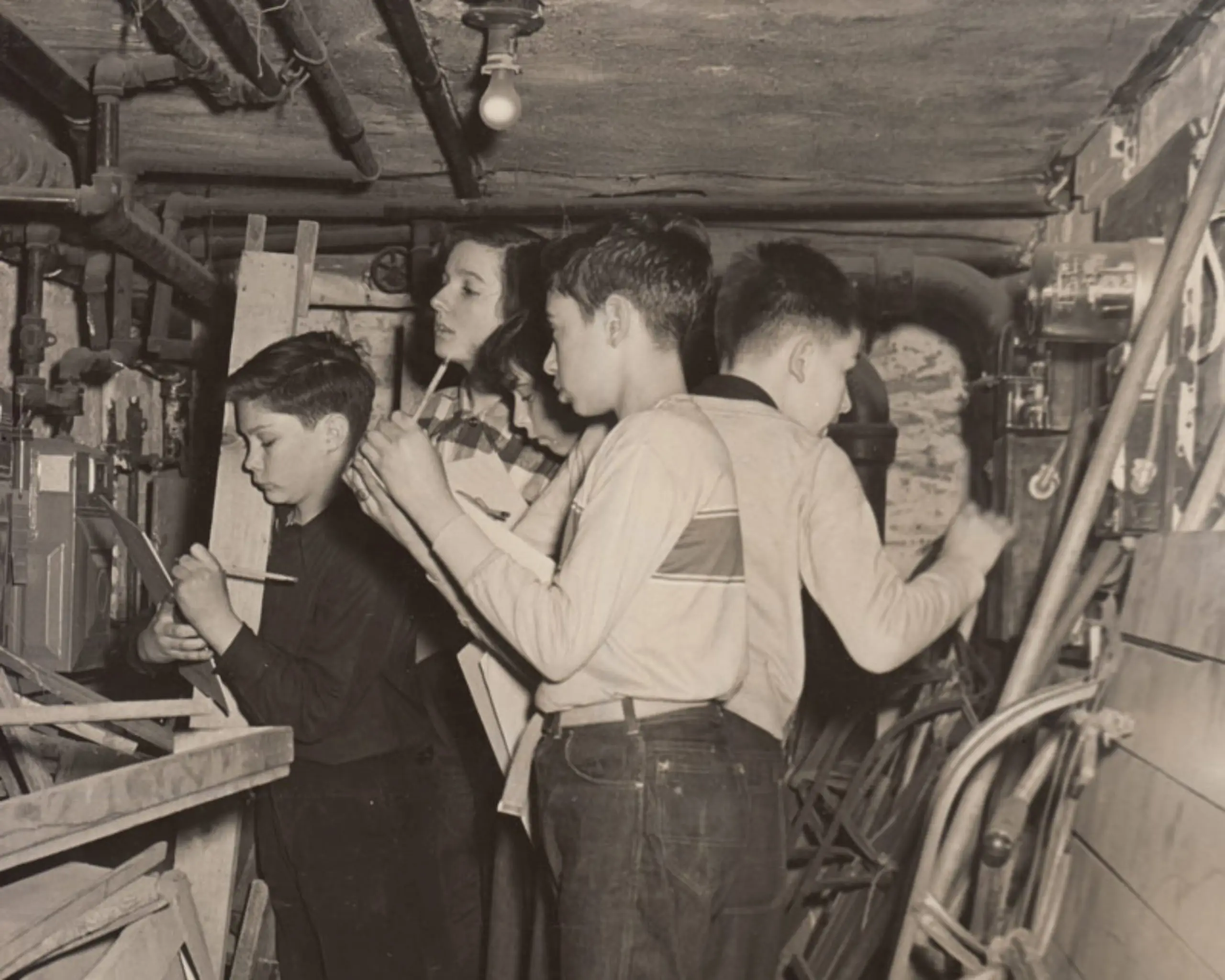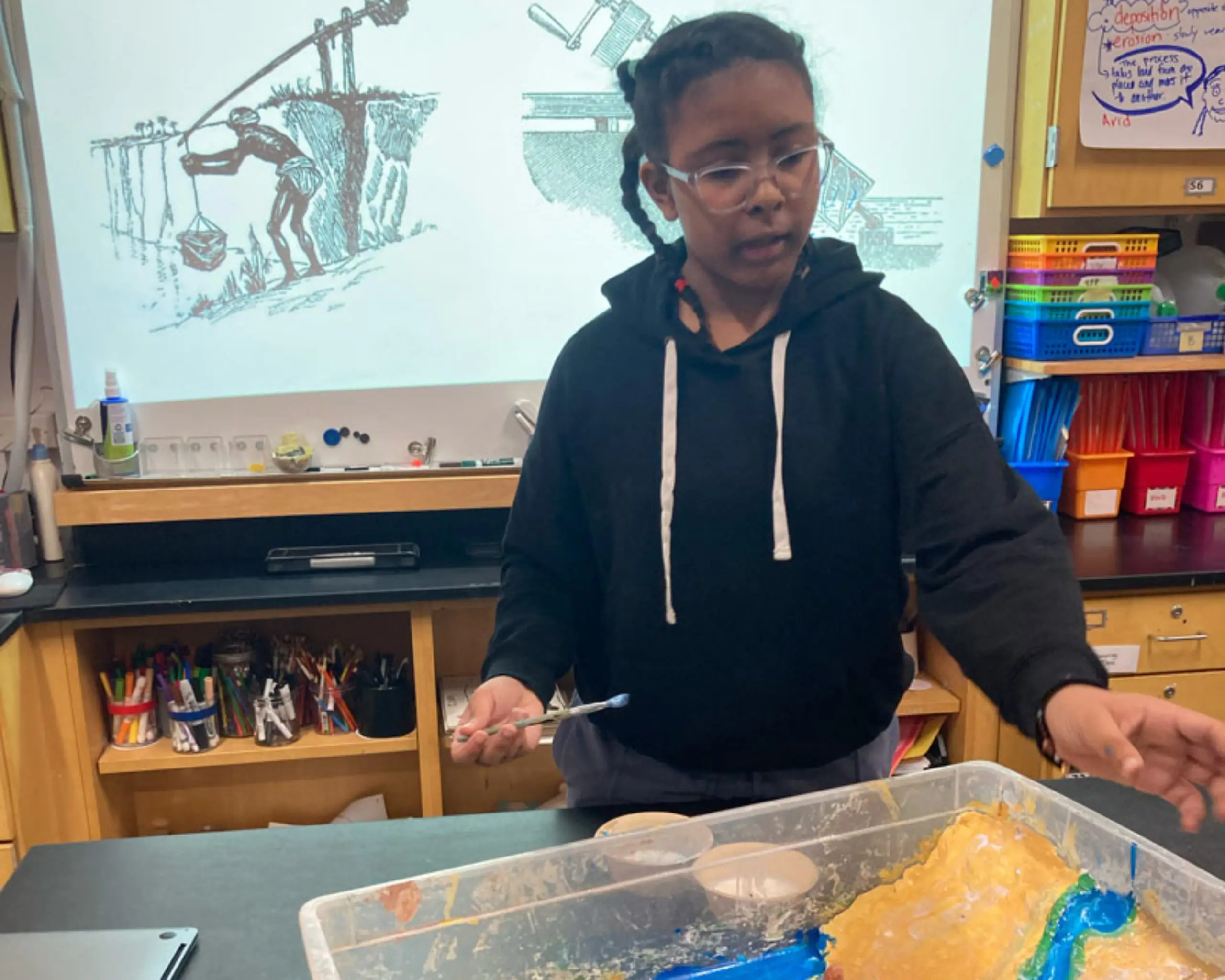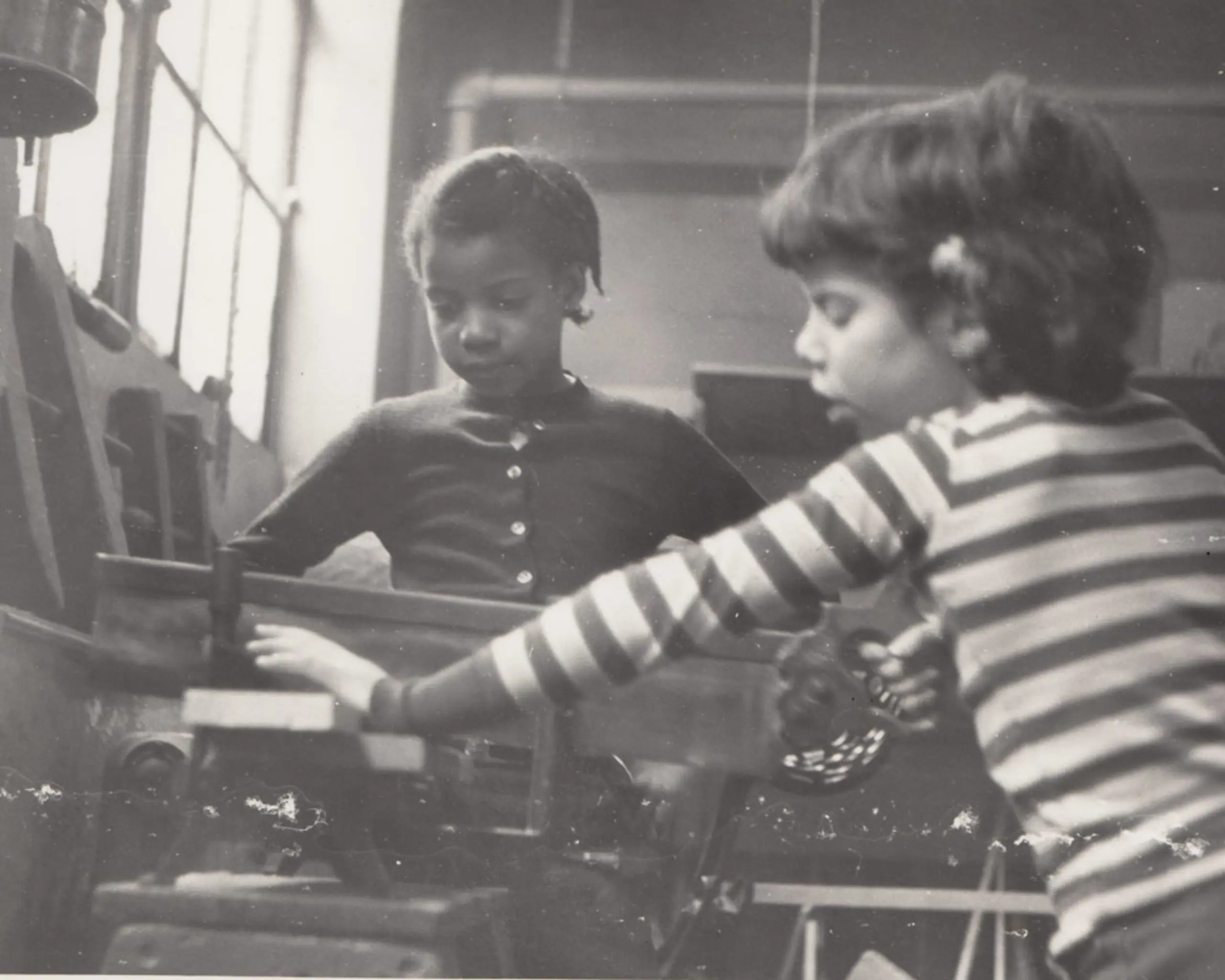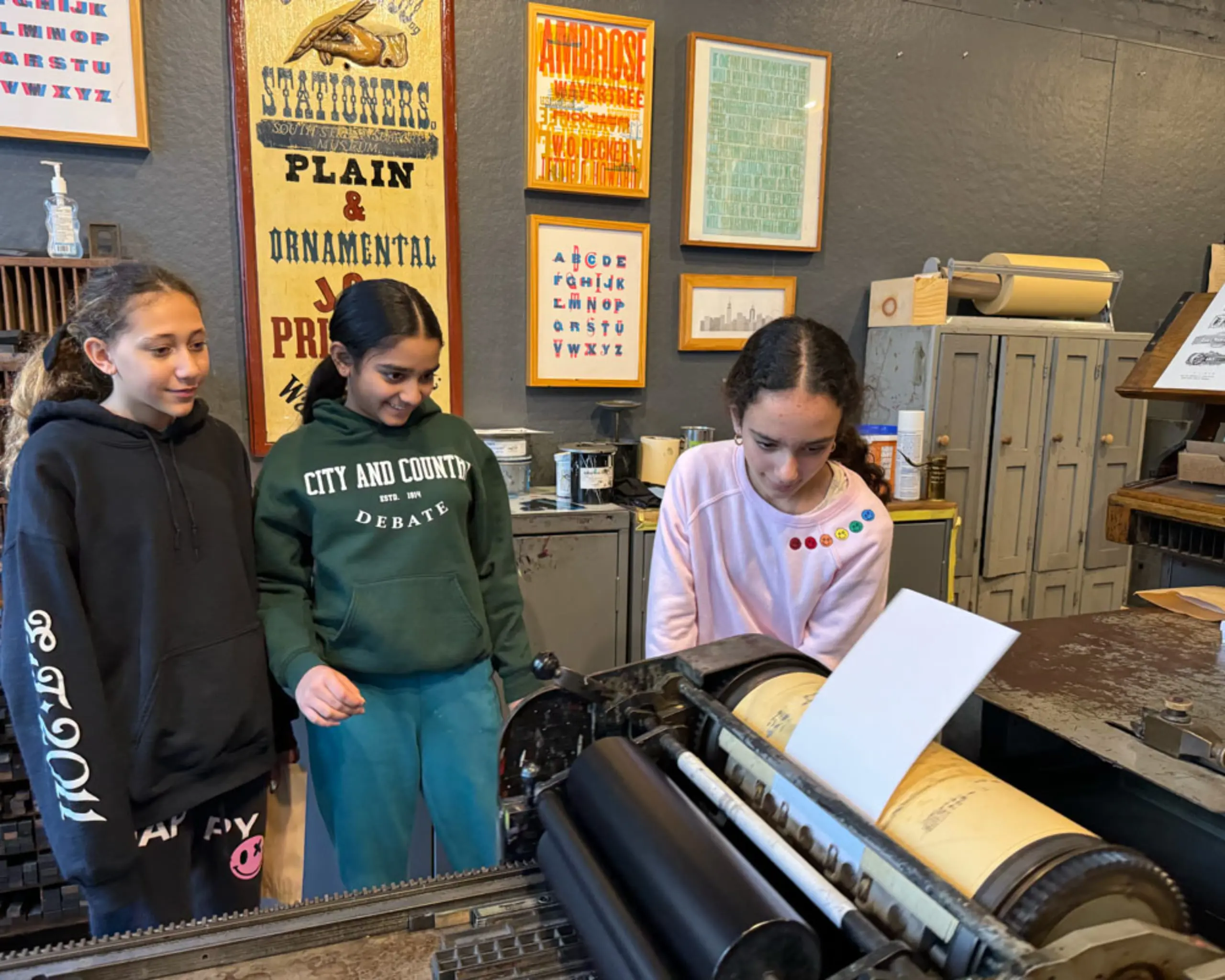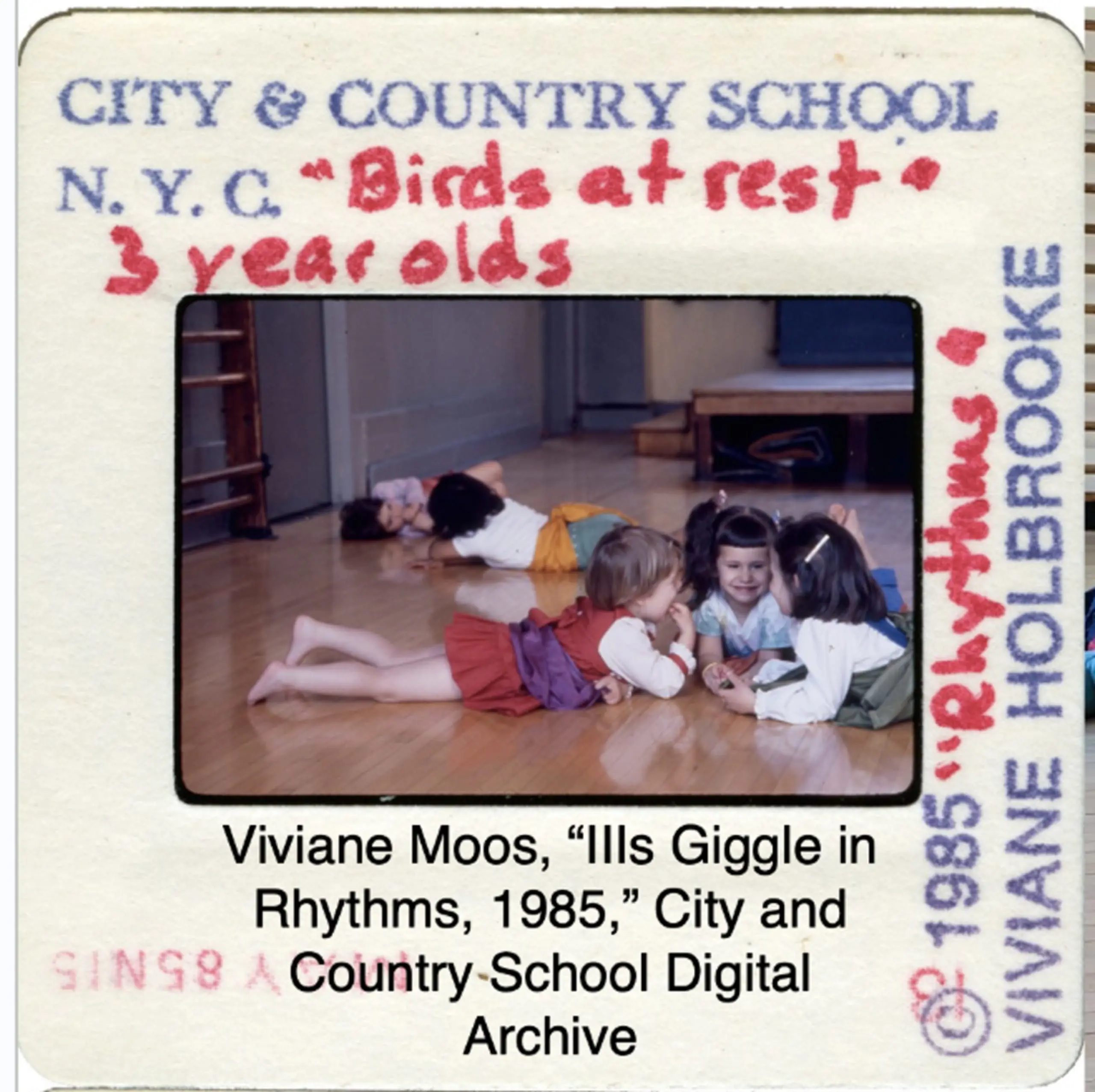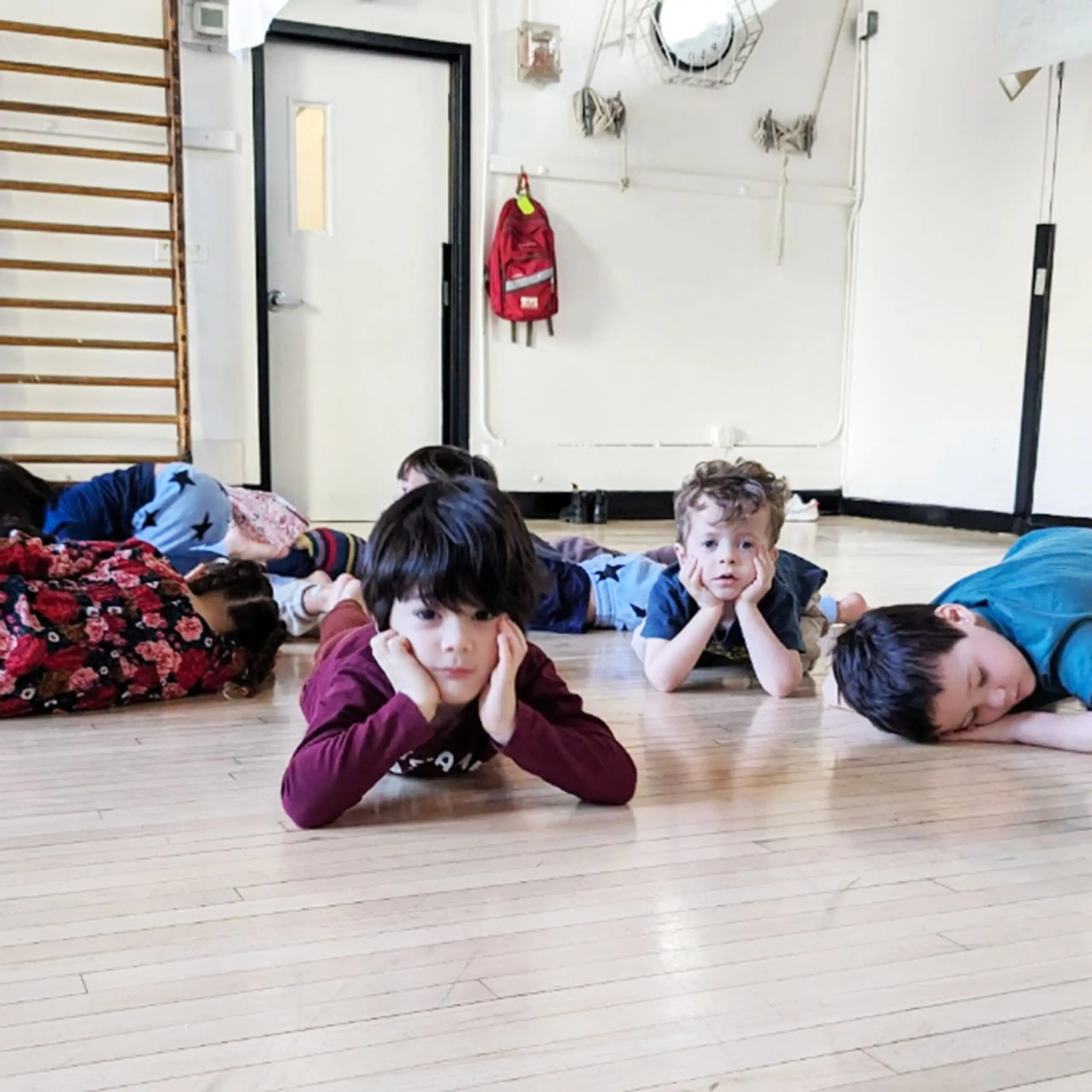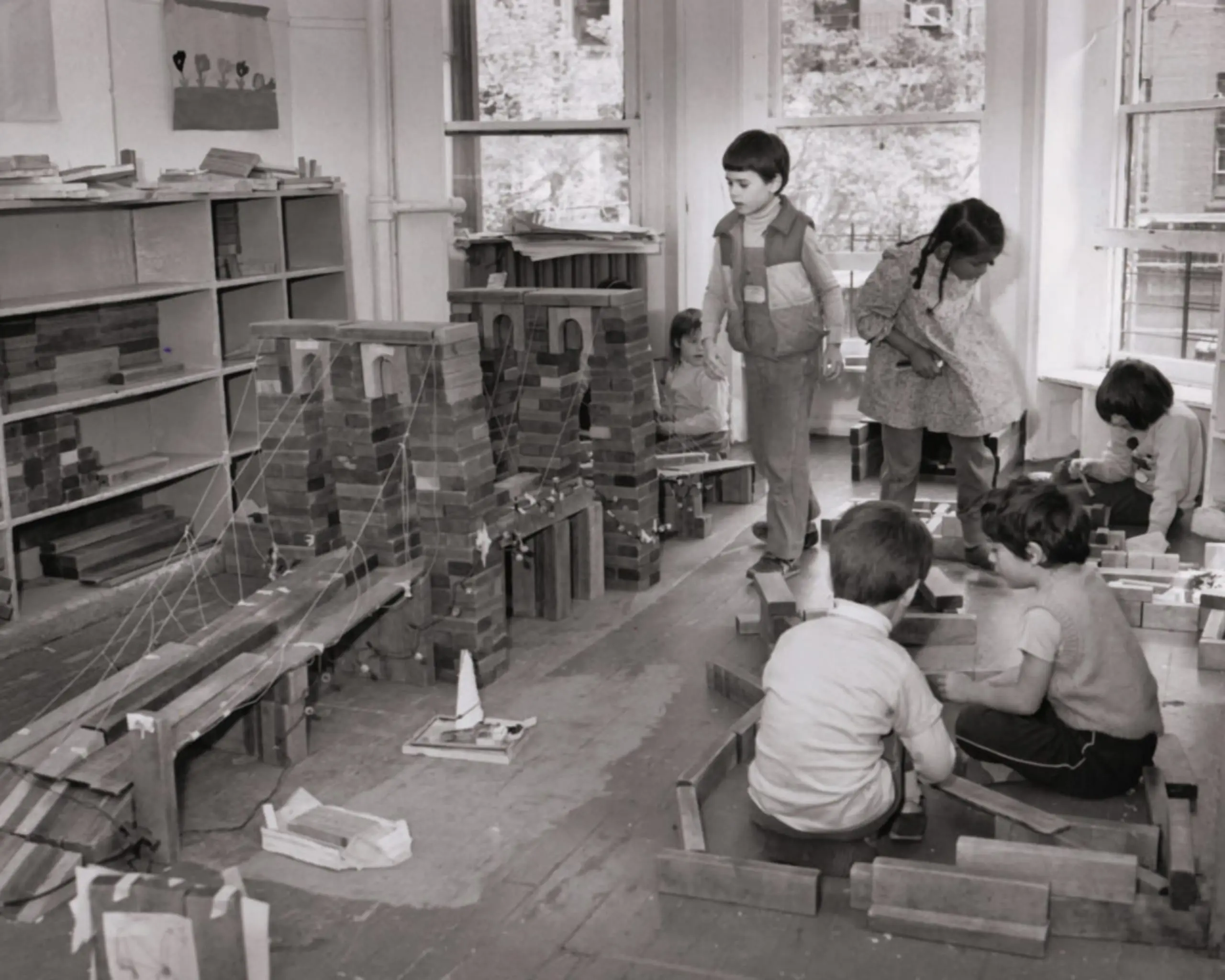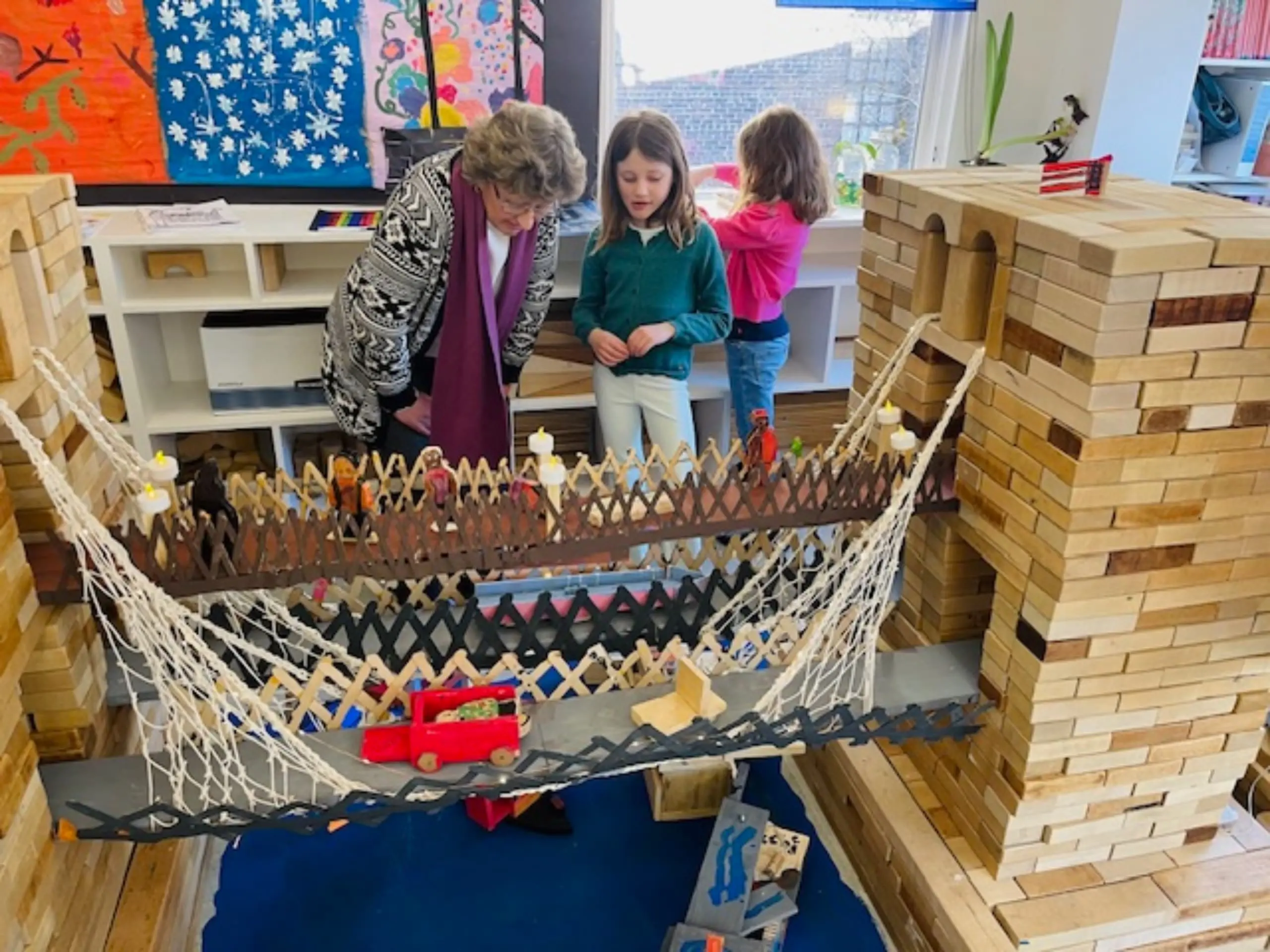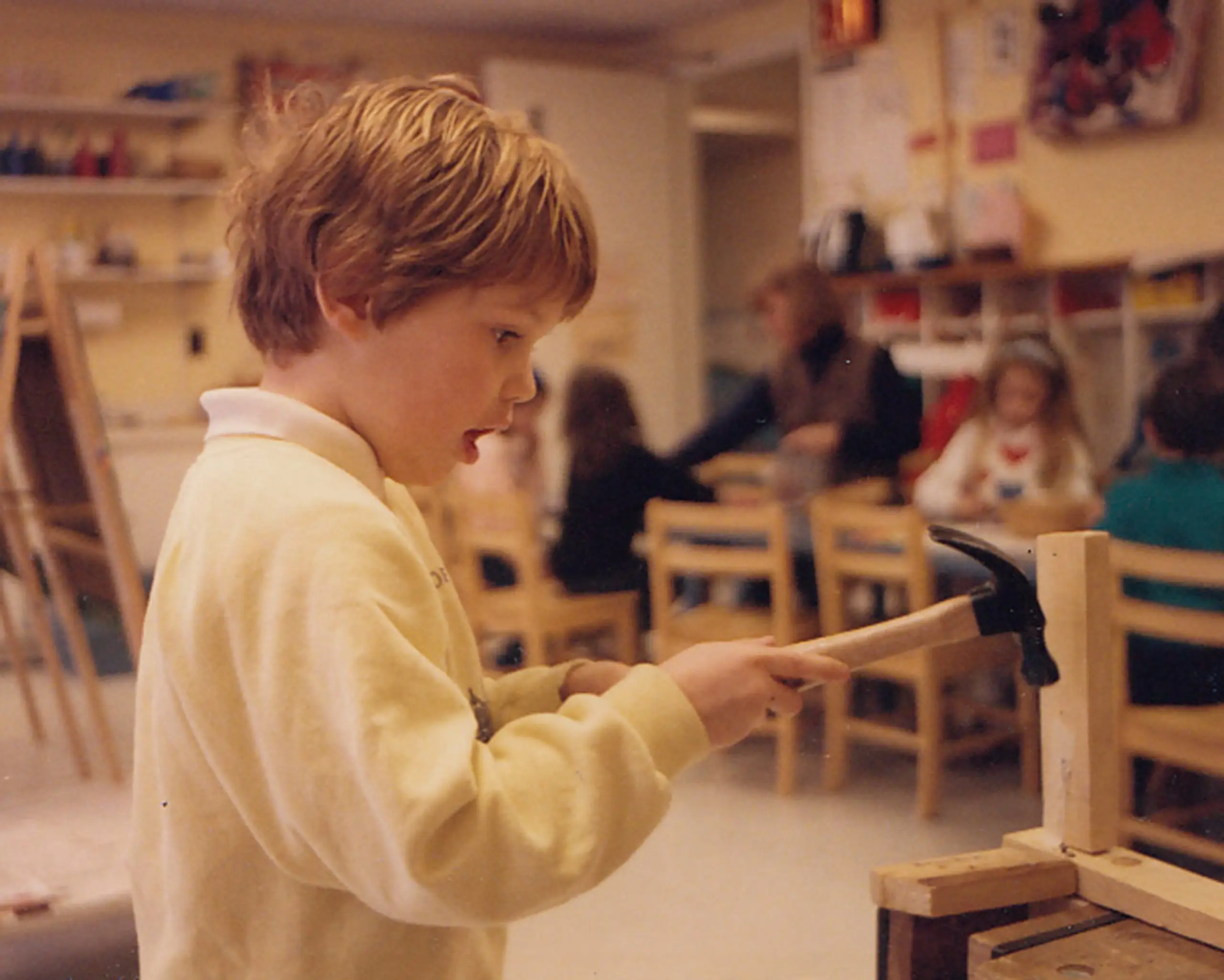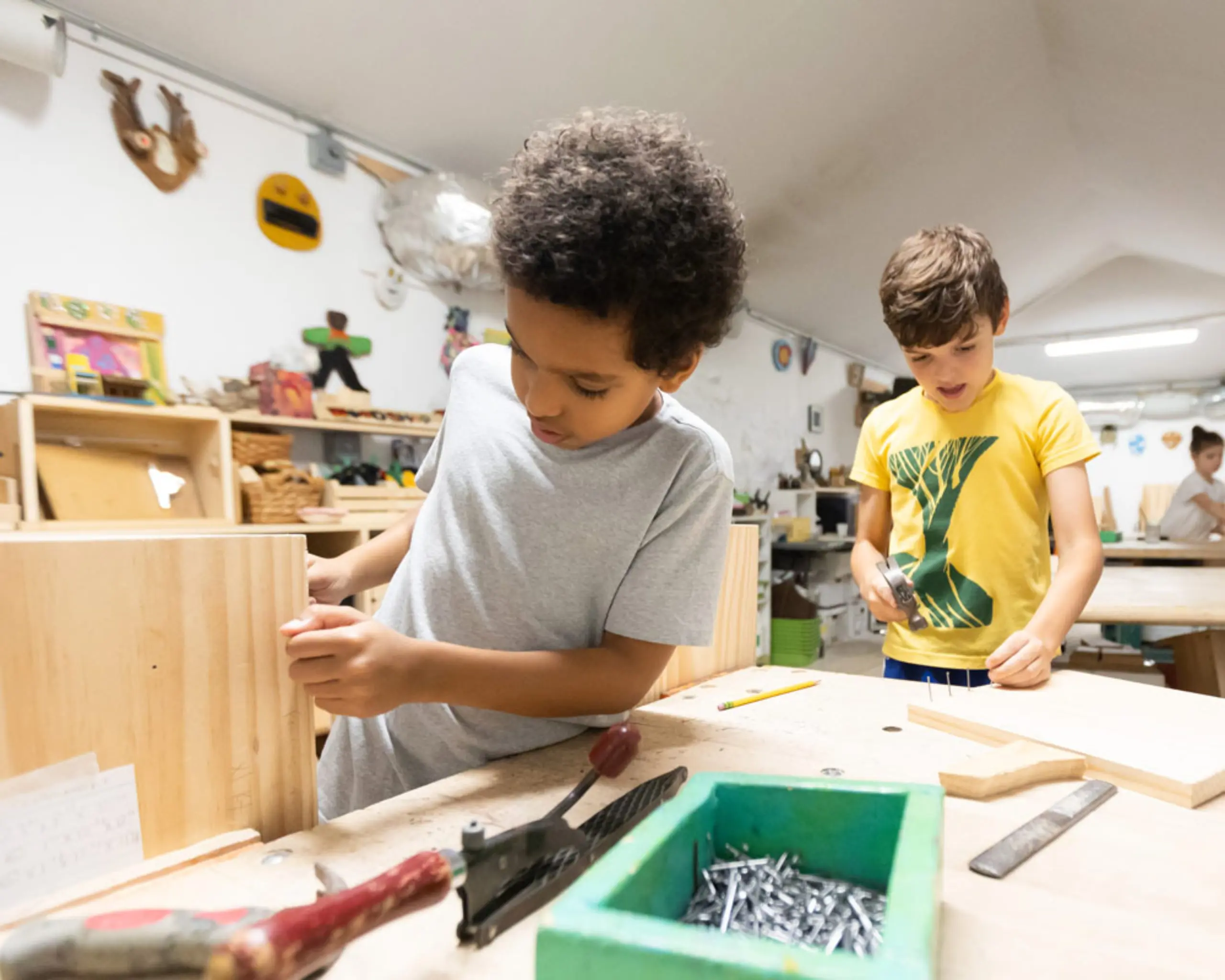Caroline Pratt: An Educational Pioneer
|
Caroline Pratt, founder of City and Country School, was a trailblazing educator who championed child-centric learning. She sought to replace “the repression of formal education" with approaches that embraced children's natural ways of learning. The Birth of City and Country SchoolIn autumn 1914, Pratt opened City and Country School in a three-room apartment in Greenwich Village, NYC. Lucy Sprague Mitchell soon joined her, providing financial support and educational expertise. Their collaboration enabled the school to move to its current location on West 12th and 13th Street.
|
Explore Further
Contact us at archives@cityandcountry.org to learn more about our physical archive and its materials, schedule an appointment to visit, or donate relevant content.
-
700+ Boxes, Artifacts, Objects, and More
- C&C’s Archives contain an extensive and irreplaceable collection of documents,
photographs, and student work related to the school’s pedagogy and history, as
well as the evolution of education in America.
- Discover an overview of our archives - C&C’s Digital Archive
- City and Country’s digital archive collection highlights some of the school’s
greatest treasures, as well as compelling images spanning the entirety of its
history.
- Visit our digital archive. - City and Country School at 100
- Drawing on C&C’s rich archival collection, the centennial exhibit told the story of
Caroline Pratt and the school’s origins; its role in the development of progressive
education; and the continuity of its unique program.
- Review presentations marking a century of program development - C&C Today, at a Glance
